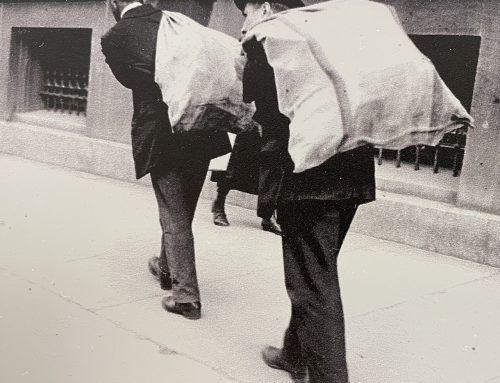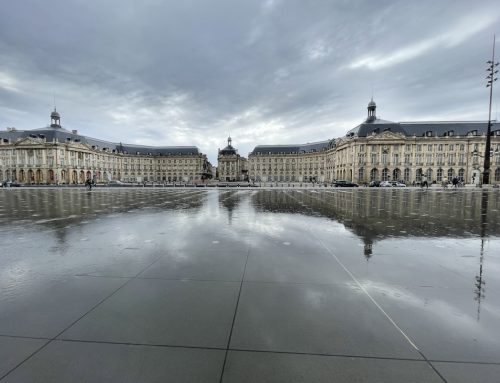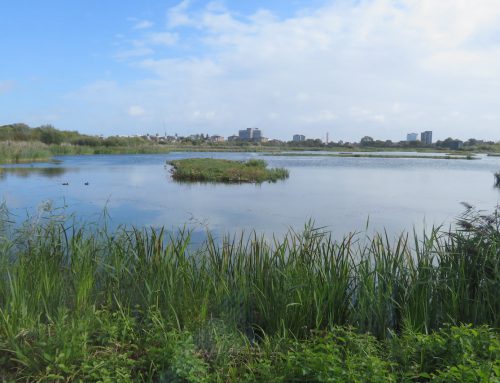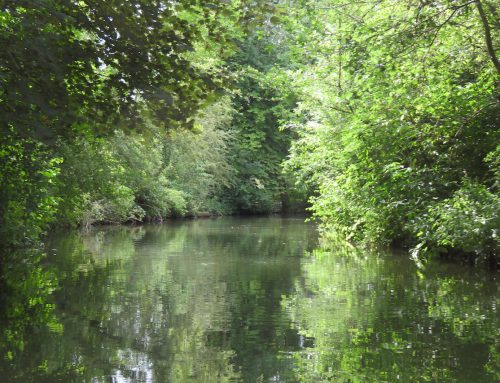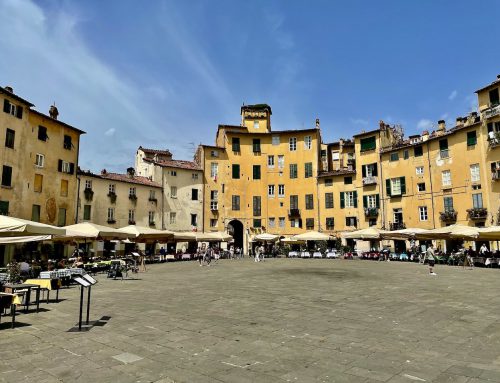If I was a virus called Covid-19
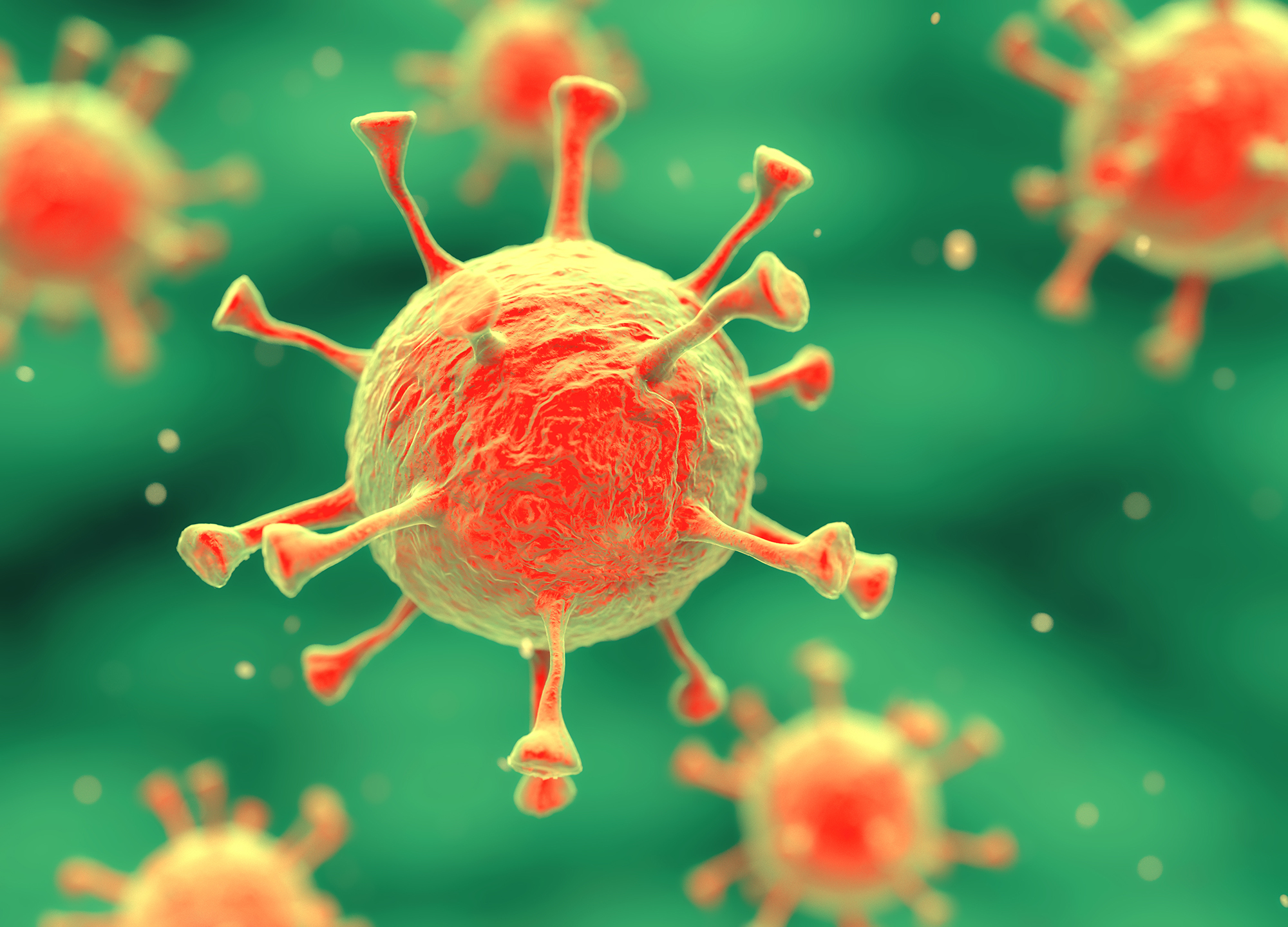
Covid-19 (courtesy css0101)

Covid-19 (courtesy css0101)
London, United Kingdom
If I was a virus called Covid-19, I would look no further than London’s Oxford Street. As mankind dashes left and right, focussed on a busy day, I can infect anyone I choose. Man, woman, young or old, makes no difference. All I need is the human lung. Once there I am in my element.
But I am no virus, I am a surgeon, and spend my life practising what is called aseptic technique. It is my job to reduce the chances of infecting my patients and, for that matter, to stop them infecting me. There are well-tried drills that go back many years, which are engrained into the surgical psyche. Many of those drills are what are needed now, to reduce the chances of Covid-19 infection.
With my country on its uppers, under this invisible attack, I thought I would look. Surely by now all had heard the health boffins’ message and were taking suitable precautions?
At a busy lunchtime, with the headlines screaming Covid-this and Covid-that, I took a stroll along London’s Oxford Street, from Oxford Circus to Marble Arch. I wanted to see how the public was behaving, faced with the global threat from a virus that has a mortality equivalent to the horror pandemic of Spanish influenza in 1918.
I had barely taken my first step from Oxford Circus, when a man in his twenties, studying his mobile telephone while leaning against a shop corner, gave a huge sneeze. He would have been heard in Timbuktu. No hand, no forearm, just directly onto his mobile. I saw the droplets flying and land on the tiny screen, so I dodged to one side to keep my distance.
Twenty metres further, on a busy pavement, a young woman gave a loud cough. Again, she used no hand or forearm to protect those around her. Like the man at the shop corner, she was distracted by her mobile.
By the time I had reached the first road junction, I had seen 12 passers-by scratch their face bare-handed, a couple clinching tightly while in mid mouth-to-mouth kiss, and at least half-a-dozen others shaking ungloved hands. Smokers and vapers were loitering outside doorways, dragging on cigarettes with naked hands. One was smoking with his right hand and picking his nose with his left, an antic I thought was impossible.
I hoped, as I approached Marble Arch, things might be better. I was to be disappointed. Halfway to my endpoint, I saw a middle-aged, full-bearded man blow his nose on a tissue. He then put it back in his bomber-jacket pocket. Beside him was a lady who whispered something in his ear and seconds later, the man reached into that same pocket, retrieved the crumpled tissue, and handed it to the lady. Immediately, she blew her nose and handed back the tissue. The man stuffed it straight into his pocket. I will wager the paper hankie was crawling with nasties, even Covid-19.
Not once did I see hand gel being used on my wander, and although masks are questionable, I saw only two. One mask was black, the other light green. Both were on faces from the Orient. One woman walked past wearing a niqab. When it comes to avoiding Covid-19, there may be an advantage for Muslim ladies.
A few fellow walkers were trying hard to behave correctly. The shiny door handles to so many of London’s shops are what viruses seek. Covid-19 lies on them in silence, jumping onto the bare human hand the moment it grasps the handle. All it then takes is an itchy nose, and next stop is self-isolation. I saw two walkers pull a sleeve over their hand and pull the door to enter. Skin never touched handle. They were doing the right thing.
The rest simply grabbed the handle barehanded, pulled the door and entered. Many, once inside, immediately scratched their face. Opening doors in Oxford Street is clearly itchy work. One man even placed a forefinger in his mouth and started nibbling his nail.
The escalator at Bond Street Underground was heaving with people, as body stood behind body with barely any distance between them. Certainly, there was nothing like the recommended metre. Bare hands clutched the handrail that had been grasped by so many before. It was a wonderful place for a virus.
My prize goes to the traffic-light pedestrian crossing. There are plenty on Oxford Street, each with a control panel and a tiny button that triggers “Wait” until a little man turns green. The button is near impossible to press with anything other than a forefinger. I tried my elbow, knee, and buttock but the recessed button would not shift. No wonder I saw fellow pedestrians use a bare forefinger, which in all cases was ungloved.
There was one attractive woman, dressed to both kill and for a date, who pressed the button with her naked finger, ignored the “Wait” instruction, scratched her bottom lip immediately, and jaywalked past disapproving traffic to the far side of the road. There she flung her arms around the neck of a waiting man, I assumed it was her lover, and together they began to kiss.
When it comes to Government instruction to wash hands and avoid the face, I am sure it is offered with the best intention. The problem is with the people, who hear but do not follow. For so many they are still thinking, “It will never happen to me,” simply because, for the moment, there are other lands that seem worse off.
The trouble is, one day it may be different. Best we do now what the boffins suggest.
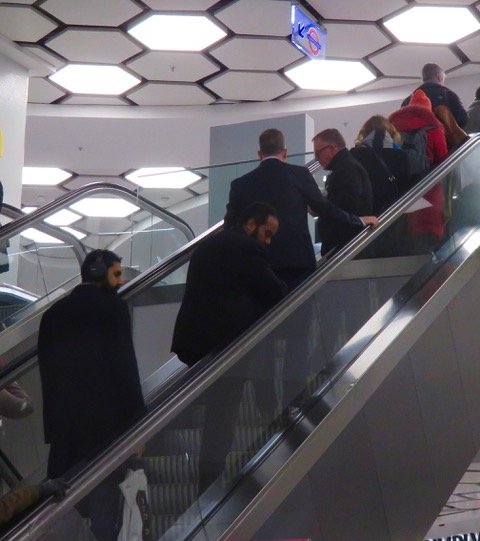
Barehanded on the escalator handrail. Who has been there before you?
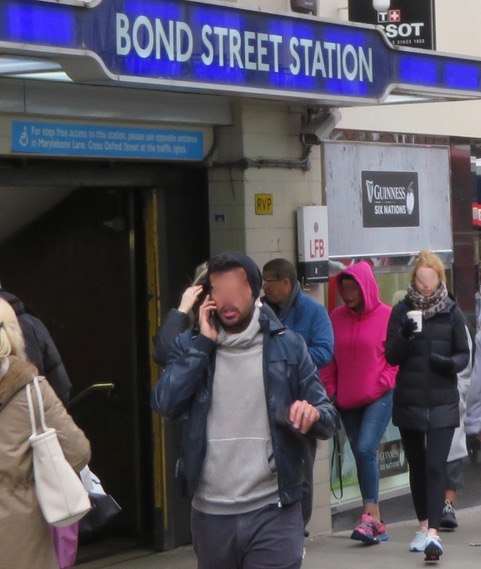
Look at his fingers, so close to his mouth
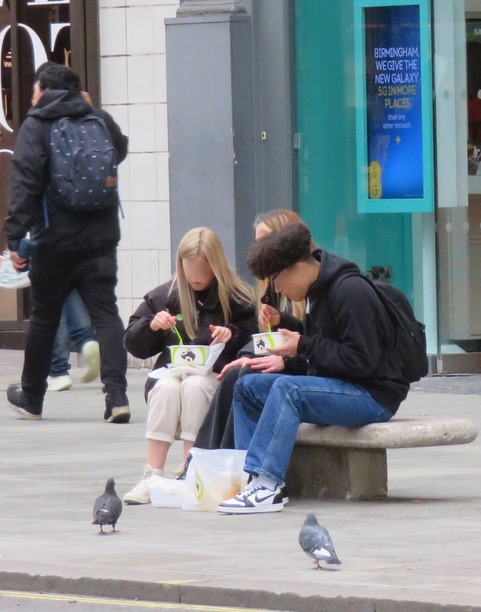
Let's get close and personal
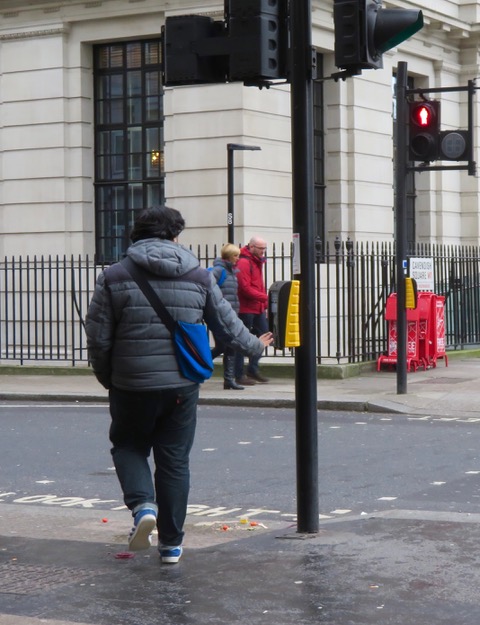
Don't touch that button!

